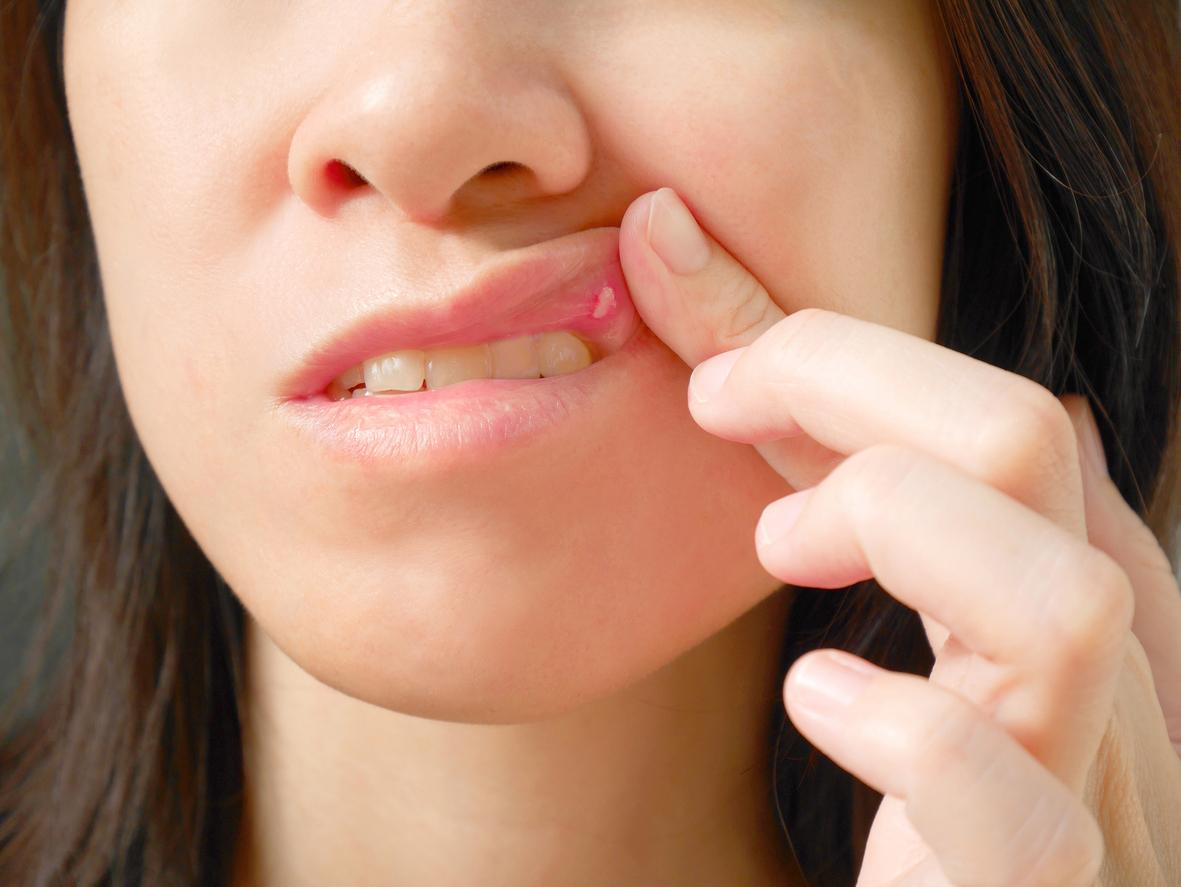Funded by Unitaid (a global organization working for health in developing countries), a vast health program aimed at measuring the effectiveness of anti-retroviral (ARV) treatments administered to AIDS patients has just been launched in four African countries (Côte d’Ivoire, Burundi, Cameroon and Guinea). Thanks to this program, “viral load tests” to measure the amount of virus in the blood of people infected with HIV, will be accessible to several dozen people in these four African countries.
Since HIV is a constantly changing virus, it requires treatment that is best suited to its evolution. “However, when you can benefit from this viral load test, you can check the effectiveness of the treatment and determine how to take it,” explains Philippe Duneton, deputy director of Unitaid. “Furthermore, the risks of virus transmission are much lower when the virus is stabilized.”
The first phase of this program will last two years. Until then, the viral load test (practised in Europe and the United States) was very little used in Africa because its cost is rather high. But a new type of simpler and inexpensive test, invented by the French biologist Christine Rouzioux, of the University Paris-Descartes, made it possible to change that.
At a cost of 2.11 million euros, this testing program will be accompanied by early detection of HIV in infants, which will allow faster access to treatment.
















